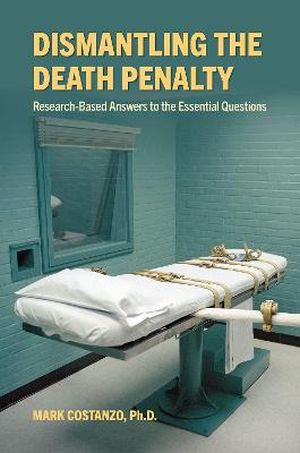
Dismantling the Death Penalty is a succinct, accessible, and lively overview of research on the costs and consequences of capital punishment. Professor Costanzo uses diverse sources of information—including closing arguments from murder trials; interviews with jurors; statistical analyses of murder rates; survey data; and quotes from defendants, politicians, and the families of victims—to understand the effects and effectiveness of the death penalty. Each chapter answers an essential question: How do juries decide who is sentenced to death? Do executions deter potential murderers? Does the public support the death penalty? Is it "cruel and unusual"? Is it cheaper than life imprisonment? How serious are errors and biases in the system? Is the death penalty morally justified? Although the emphasis is on social scientific research, this comprehensive analysis also places the practice of killing murderers in historical, political, and moral context. The opening chapter chronicles the long, bloody history of executions and changes in how, when, and why we kill criminals. The closing chapter evaluates the politics and future of capital punishment, as well as alternatives to execution.